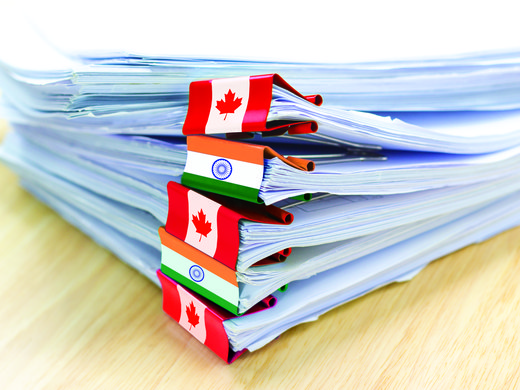The United Nations Millennium Development Goals (MDGs) have helped rally the world behind a moral purpose, providing direction and spurring increased investment and progress in certain development areas. However, experts agree that the world requires a new vision for the goals of global development and that a new paradigm must be found to lift us above the current view of development as the production line for human machines, to one that can bring hope to the despondent, courage to the weak, justice to the wronged and healing to the hurt.
The International Federation of Red Cross and Red Crescent Societies (IFRC) and The Centre for International Governance Innovation (CIGI) convened a meeting of development experts, representatives from international organizations and research institutes, and policy and governance experts to discuss a post-2015 development paradigm. The group met for four days in June, 2011 in Bellagio, Italy. The meeting resulted in agreement on a proposed architecture of 12 new development goals to expand and update the MDGs set to expire in 2015.
The first set of goals deals with essential endowments necessary for individuals to achieve their fuller potential:
Goal 1: Adequate livelihoods and income levels for dignified human existence.
Goal 2: Sufficient food and water for active living.
Goal 3: Appropriate education and skills for productive participation in society.
Goal 4: Good health for the best possible physical and mental well-being.
The second group of goals are concerned with protecting and promoting collective human capital:
Goal 5: Security for ensuring freedom from violence.
Goal 6: Gender equality for enabling males and females to participate and benefit equally in society.
Goal 7: Resilient communities and nations for reduced disaster impact from natural and technological hazards.
Goal 8: Connectivity for access to essential information, services and opportunities.
The third set of goals deals with the effective provision of global public goods:
Goal 9: Empowerment of people to realize their civil and political rights.
Goal 10: Sustainable management of the biosphere for enabling people and the planet to thrive together.
Goal 11: Establishing rules for managing the world economy for the fairly shared benefit of all nations.
Goal 12: Good global governance for transparent and accountable international institutions and partnerships.
View the conference report in the reading pane below, or click here to download.
The authors invite you to contact them with your comments and queries on the ideas formulated and presented in this report by emailing them at [email protected].


